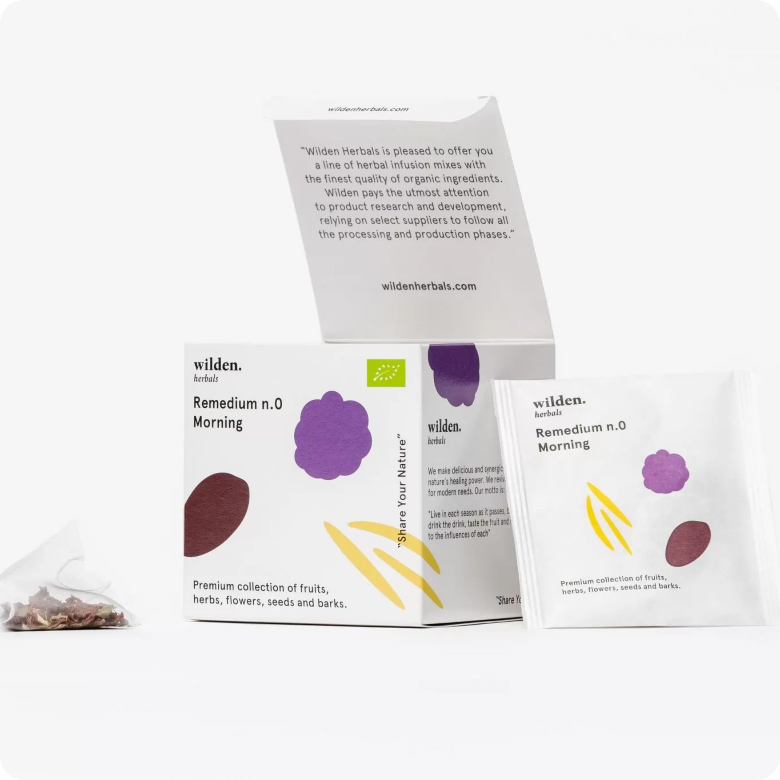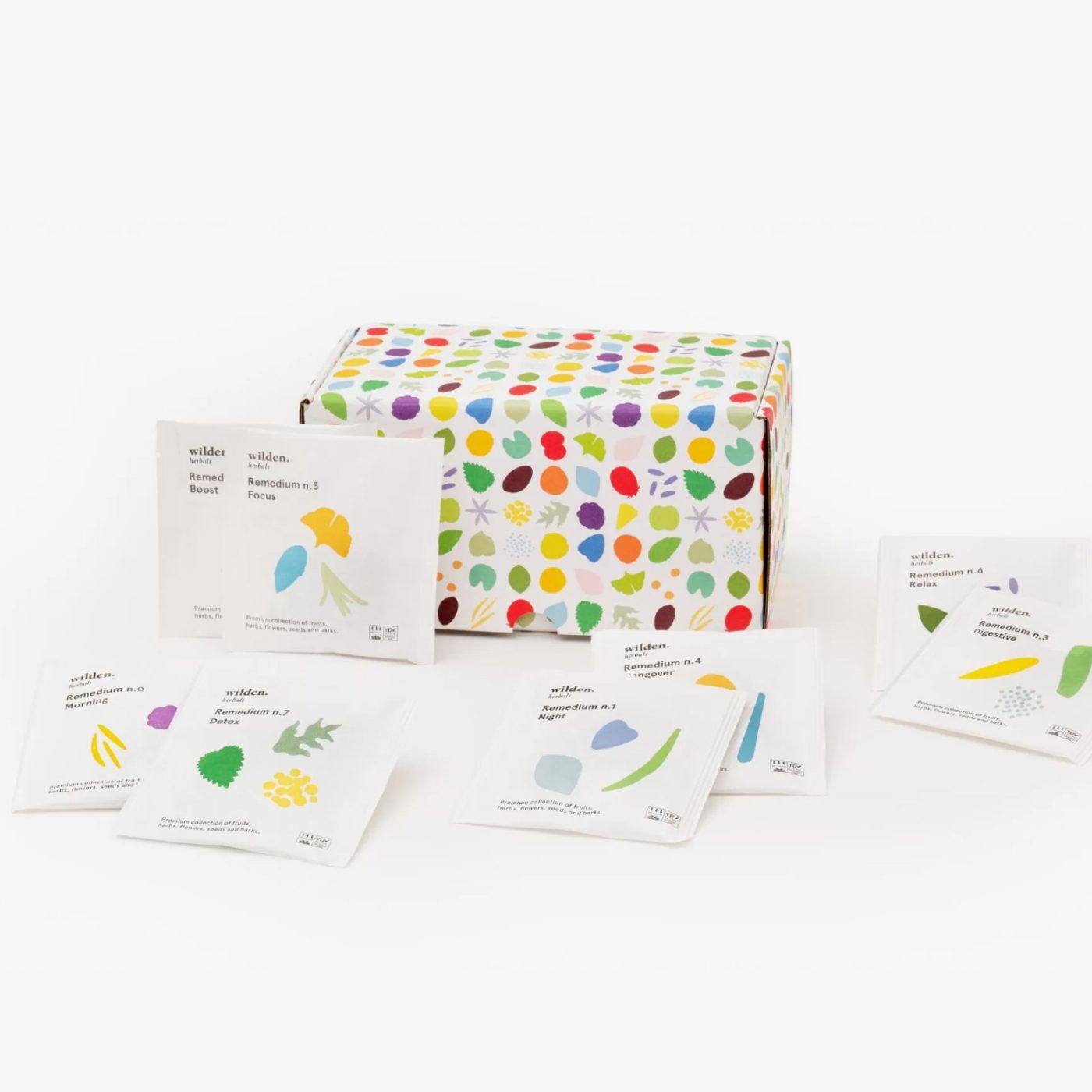All about passionflower, the melancholy flower for your relaxation
Passionflower is the most relaxing of medicinal plants, a true panacea for those who desire deep sleep, calm of the senses and total peace. Let's discover together the properties, benefits and uses of passion flower.
- Passion flower: botanical anatomy of the plant
- History and origins of the passion flower
- Passion flower: properties and benefits
- How to use passion flower
- Some curiosities around the passion flower
- Bibliography
Passion flower: botanical anatomy of the plant
Its official name is Passiflora incarnata and indicates the most widely used medicinal species in the Passifloraceae family, which includes more than 520 species. Native to North America, passionflower is a perennial, climbing herb. Its largest biodiversity pool is in Central and South America, but several specimens can also be found in Australia and Southeast Asia.
The parts used are the branches, especially when the first fruits are developing, and the flowering ends. An extract considered miraculous for its calming and antispasmodic effects is obtained from its aerial components. The flowers are large, beautiful, with long white stalks and a triple pink and purple crown. The peculiar shape of the flowers, reminiscent of a crown of thorns, as well as that of the styles and leaves, comparable to nails and spears, have caused the plant to take on this name, passionflower or passion flower, referring to the Passion of Christ.
The famous passion fruit (or maracuja) is none other than the fruit of a species of passion flower, Passiflora Edulis.
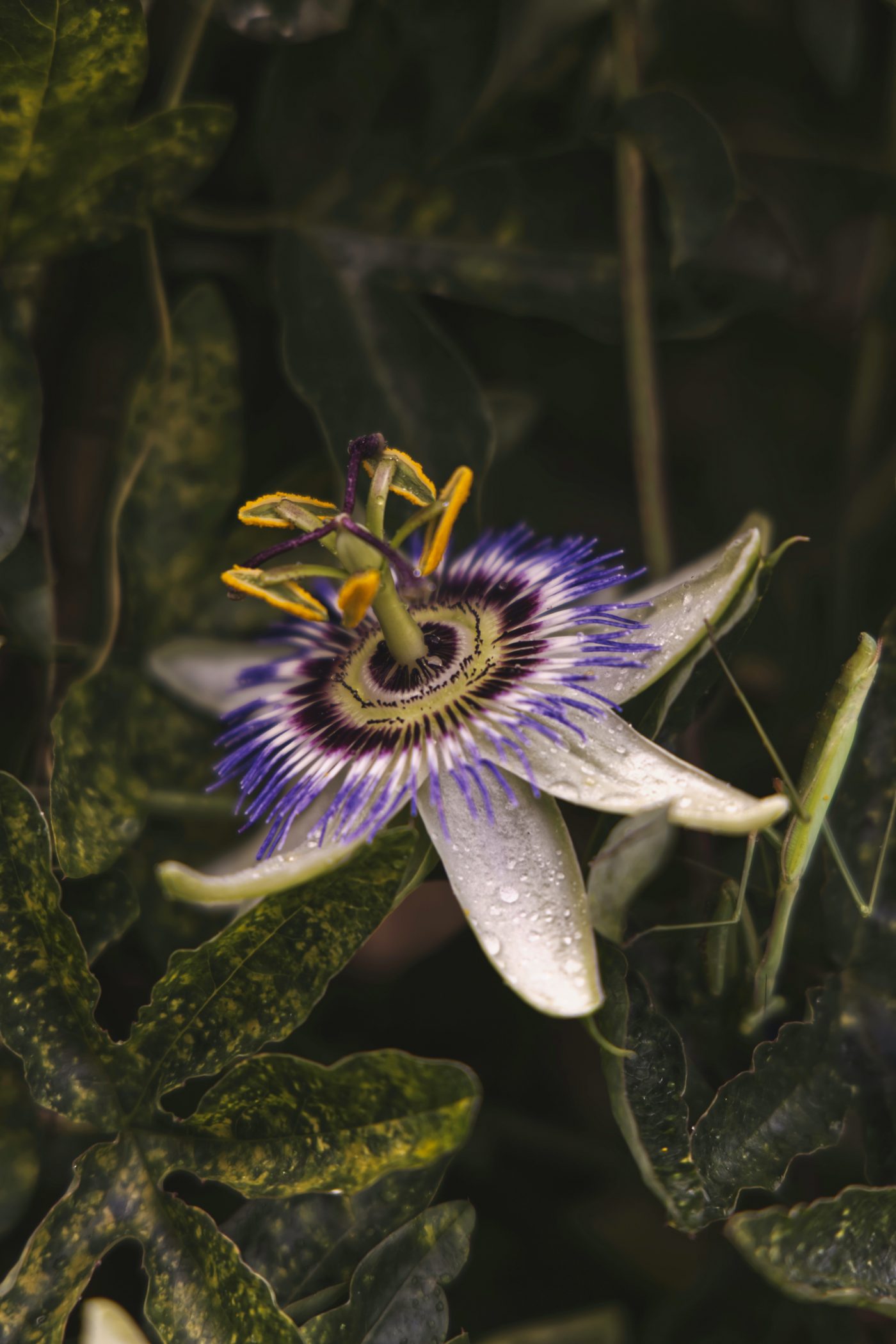
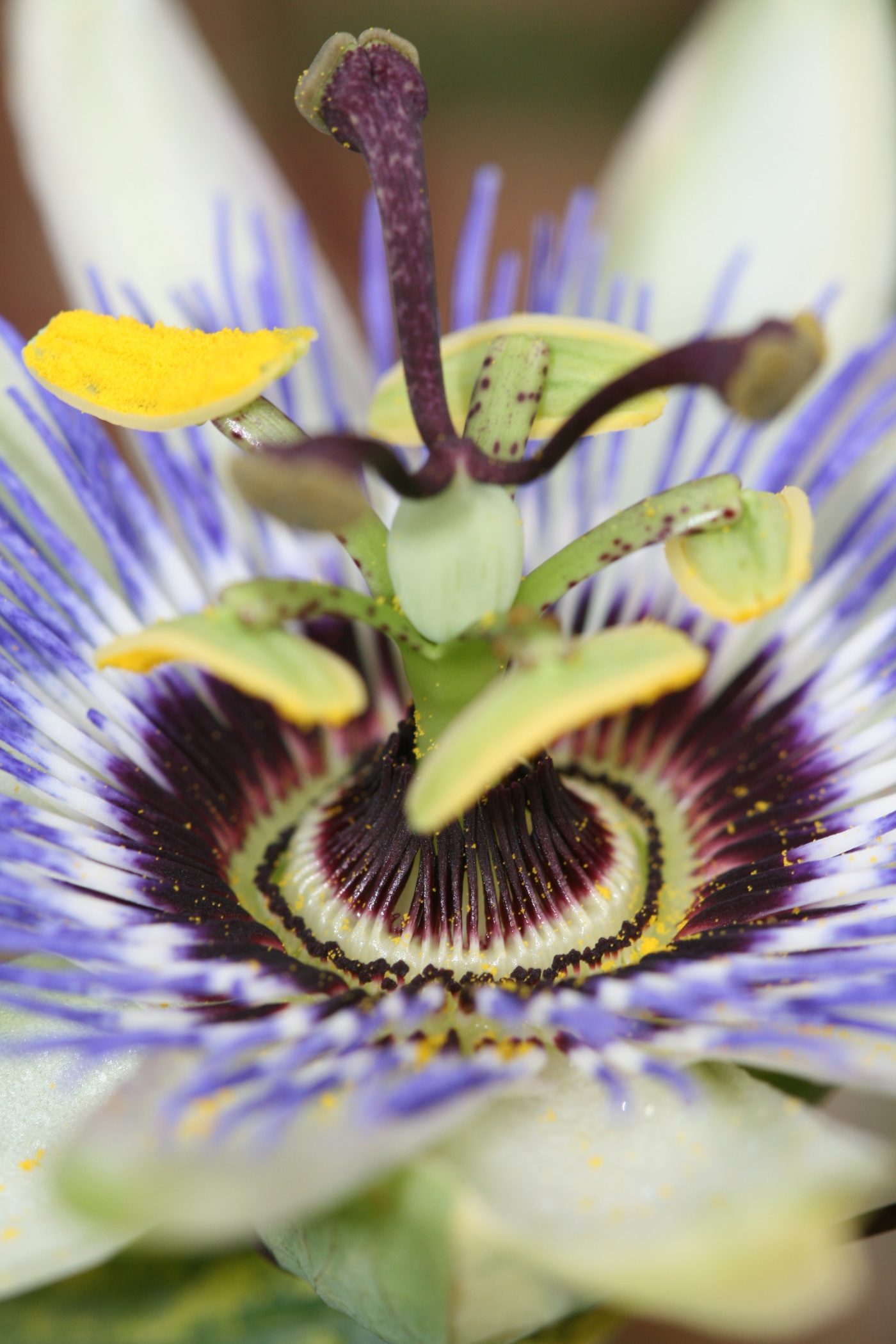
History and origins of the passion flower
Legend has it that missionary Emmanuel de Villegas noticed in 1610 in Mexico a fruit plant called “granadilla” by the natives, which was cultivated and prized for its fruit. The friar was attracted to the flowers, which he thought were reminiscent of the Passion of Christ, the crown of thorns and the lance with which he was pierced.
Later, the Jesuit Giacomo Bosio reported the plant within the “Treatise on the Crucifixion of Our Lord,” and from there the botanist Linnaeus included the plant in his botanical treatise under the name Passiflora Incarnata, from the Latin passio meaning precisely “passion” and flos, “flower.”
During World War I, passionflower was given to soldiers as a natural relaxing treatment: as we will see in the next chapter, the flavonoids, benzoflavones, glucosides, alkaloids, and essential oils contained within it have an important calming action on the central nervous system.
Passion flower: properties and benefits
Passionflower has been used for centuries in traditional European and American medicine for the treatment of insomnia and anxiety and as a sedative tea. In different regions of the world the plant has always been used for analgesic, antispasmodic, antiasthmatic and sedative purposes. In India it was prescribed to treat opium addiction.
Numerous studies have recently confirmed the positive effect of passionflower incarnata on sleep duration and quality: this plant is the undisputed queen of rest, perfect for treating insomnia or restless sleep. Not only that: it is also most useful for the treatment of anxiety and stress thanks to the substances contained in the plant (flavonoids), which have a strong hypotensive action.
Other uses of passionflower are related to its antispasmodic activity on smooth muscles and for the treatment of various forms of visceral anxious somatization (gastric cramps, irritable bowel, emotional tension, tachycardia etc.).
How to use passion flower
The part used for medicinal purposes is the dried aerial part, which can be found in the form of herbal teas, supplements and hydroalcoholic solutions. In addition to more well-known calming and sedative effects, it is used in herbal medicine against menstrual pain and stress for its analgesic, anti-inflammatory and antibacterial properties. Cosmetically, on the other hand, it is the flower extract, with its sensual fragrance, that is used to make colognes, bubble baths, shampoos and lotions.
Looking for some well-deserved rest and a good night’s sleep? Then try our Remedium No. 1 – Night: here the miraculous passionflower is combined with other plants with relaxing and sedative powers. More than a herbal tea : a perfect panacea to end a long day, conciliate sleep and improve the quality of rest at night.
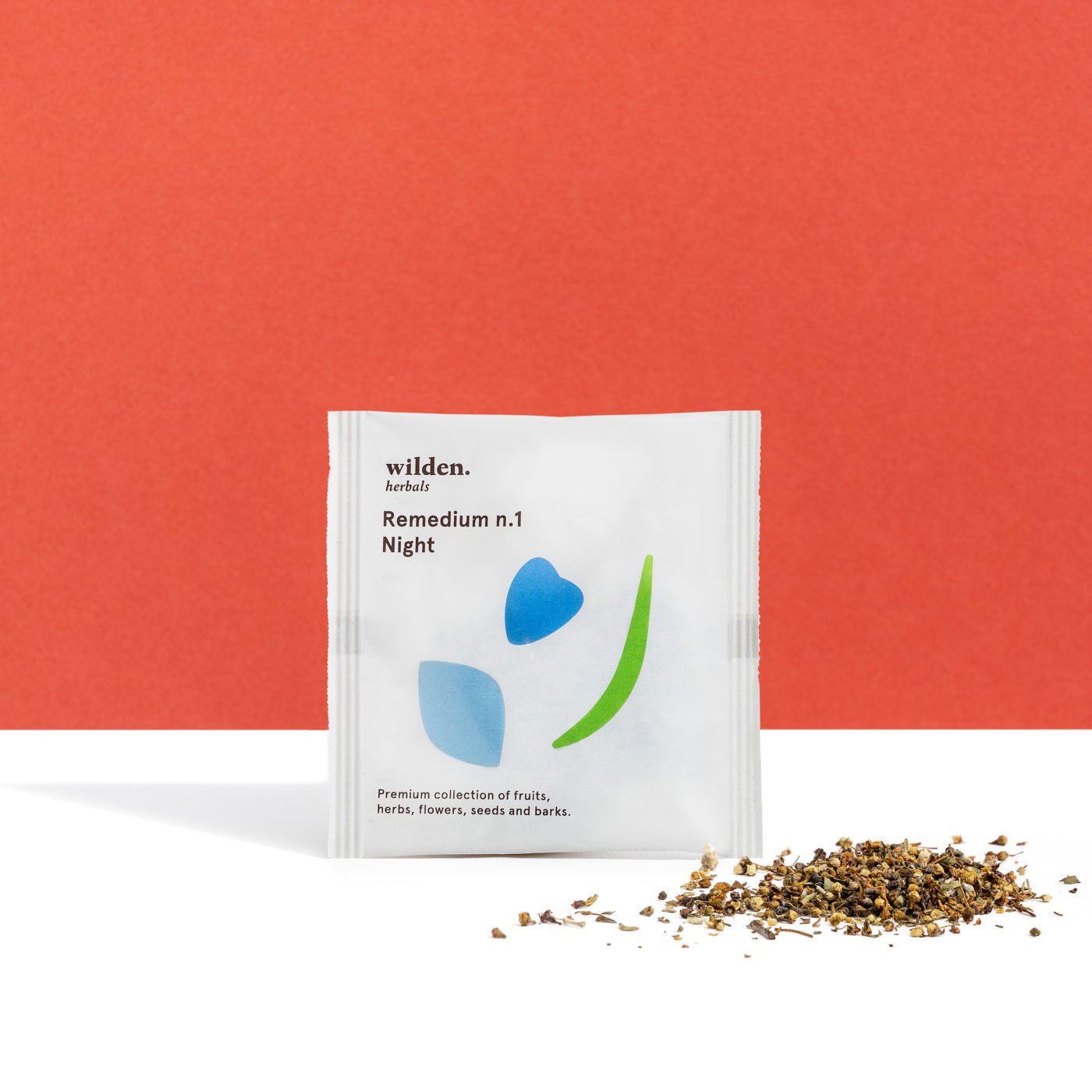
Some curiosities around the passion flower
Did you know? In the language of flowers and plants, passionflower is the symbol of religious faith.
In fact, its birth is the backdrop for several legends related to the spiritual symbol: one such legend has it that centuries ago, upon the arrival of the Spring Fairy, all the plants woke up from their long winter sleep by her touch, throwing out buds, leaflets and flowers. Only one seedling woke up late, and when it did, spring was already far away. The seedling then prayed to Christ to make it bloom like all other plants. The Lord answered her, “Don’t worry, you will blossom too.” “When? Anxiously asked the little plant.” “One day…” and Jesus’ eyes glazed with sadness.
When spring returned, all the plants bloomed except the nameless seedling. It was then that the wind brought an echo of cries, groans and screams: they were those of a man advancing through the crowd, bent under the weight of a very heavy cross. His face was disfigured by pain and blood. It was then that the seedling thought in a quiver, “I would like to weep too as men weep,” just as Jesus passed by her and a tear mixed with blood fell on the poor seedling.
Immediately a strange and beautiful flower bloomed, bearing in its corolla the instruments of Jesus’ passion: a crown, a hammer and nails. Thus a new flower had been born: the passion flower or passion flower.
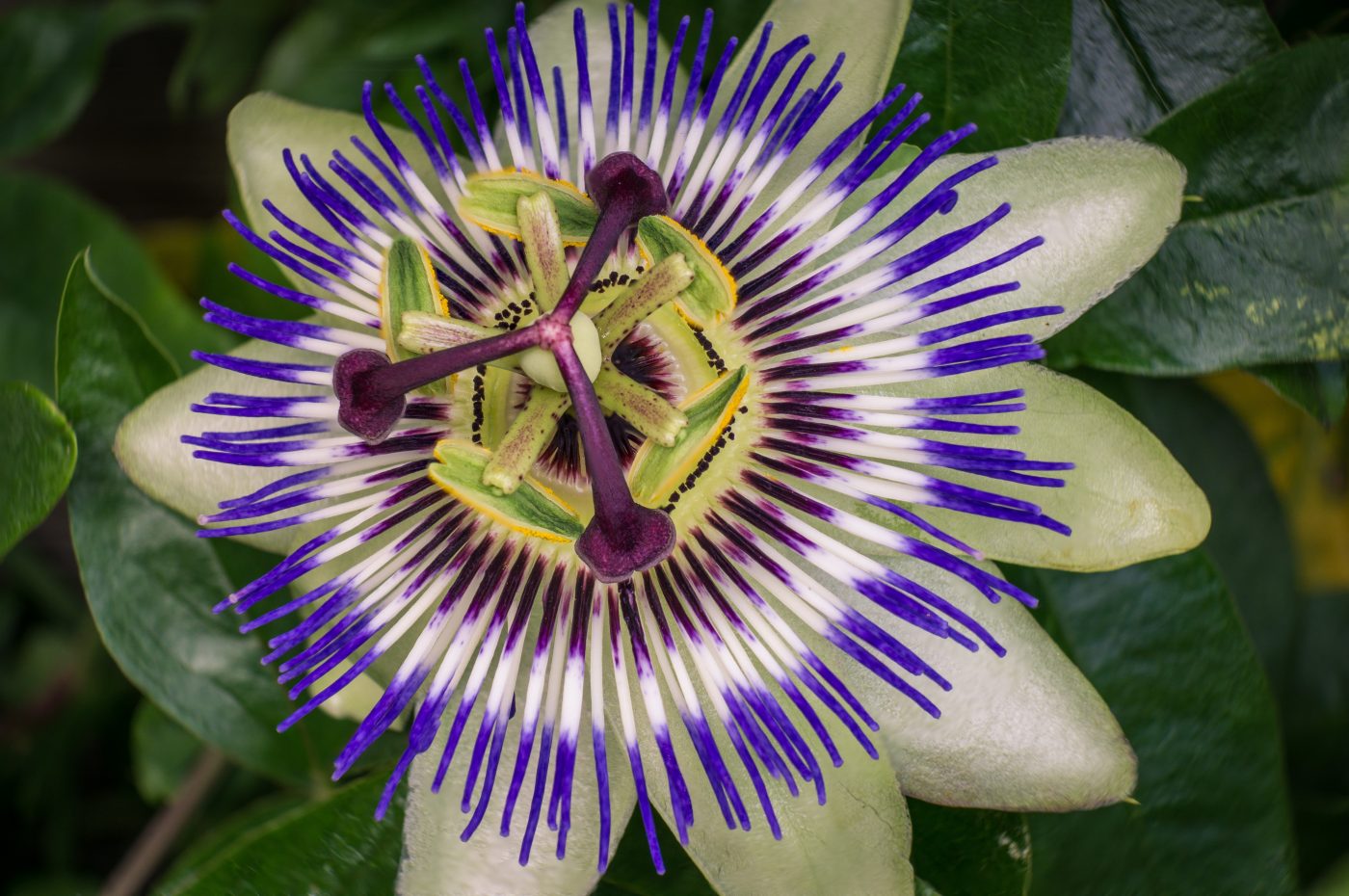
Bibliography
Guerrero FA, Medina GM. Effect of a medicinal plant (Passiflora incarnata L) on sleep. Sleep Sci. 2017;10(3):96-100. doi:10.5935/1984-0063.20170018
Passiflora incarnata L.: Ethnopharmacology, clinical application, safety and evaluation of clinical trials
“Medicinal Plants – Chemistry, Pharmacology and Therapy” by R. Benigni, C. Capra and P.F.Cattorini.


